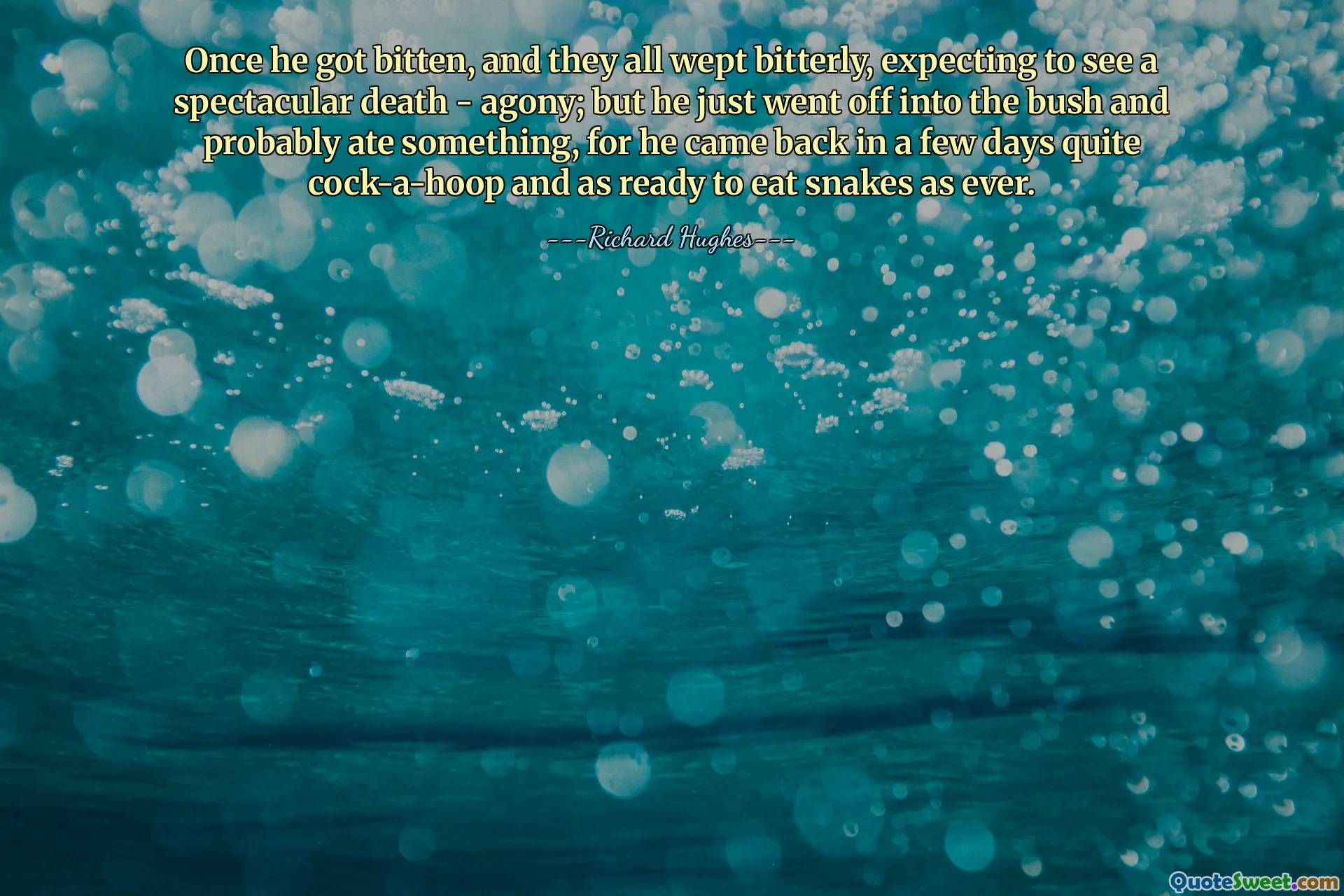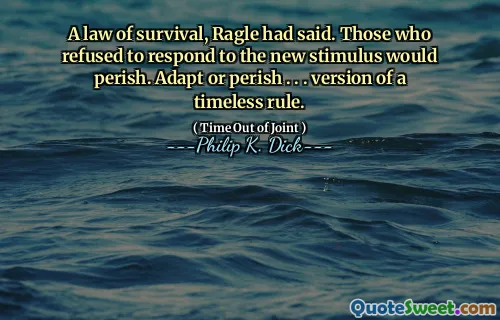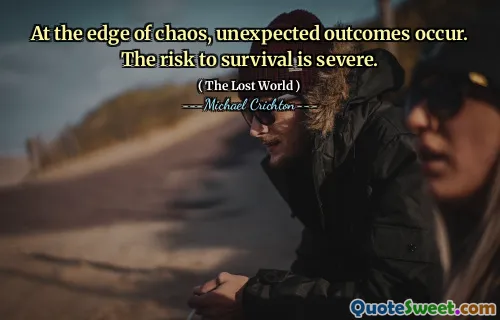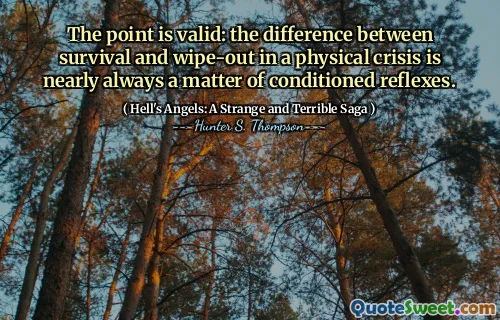
Once he got bitten, and they all wept bitterly, expecting to see a spectacular death - agony; but he just went off into the bush and probably ate something, for he came back in a few days quite cock-a-hoop and as ready to eat snakes as ever.
This quote from Richard Hughes deftly encapsulates the resilience and surprising strength that individuals can exhibit in the face of dire circumstances. It speaks to an almost instinctual determination to survive and recover that defies the expectations of those around him. When someone is bitten — presumably by a snake or some other dangerous creature — those witnessing the event anticipate a tragic end marked by pain and suffering. Instead, the subject surprises everyone by disappearing into the wilderness, presumably taking care of himself, and returning triumphant and unscathed — ready to face the very danger again.
It suggests a powerful testimony to human endurance and perhaps even to nature's capacity for healing when one listens to one's inner instincts. There is also an understated commentary on the perceptions of others; the onlookers can only project a narrative of demise and tragedy, failing to grasp the actual resilience of the individual involved. The phrase "cock-a-hoop" is particularly vivid—conveying not just recovery, but a spirited and boisterous return to form, full of confidence and energy.
By painting this scene, Hughes invites us to reconsider our assumptions about vulnerability and toughness. It provokes reflection on how adversity may not always lead to downfall and that sometimes recovery can be unexpected and robust. This can inspire insight into how we approach challenges in our own lives — emphasizing hope, courage, and a refusal to be defined by moments of crisis. The simplicity of the narrative, even infused with humor and irony, ultimately celebrates human grit and the unpredictable ways in which we withstand trials.








